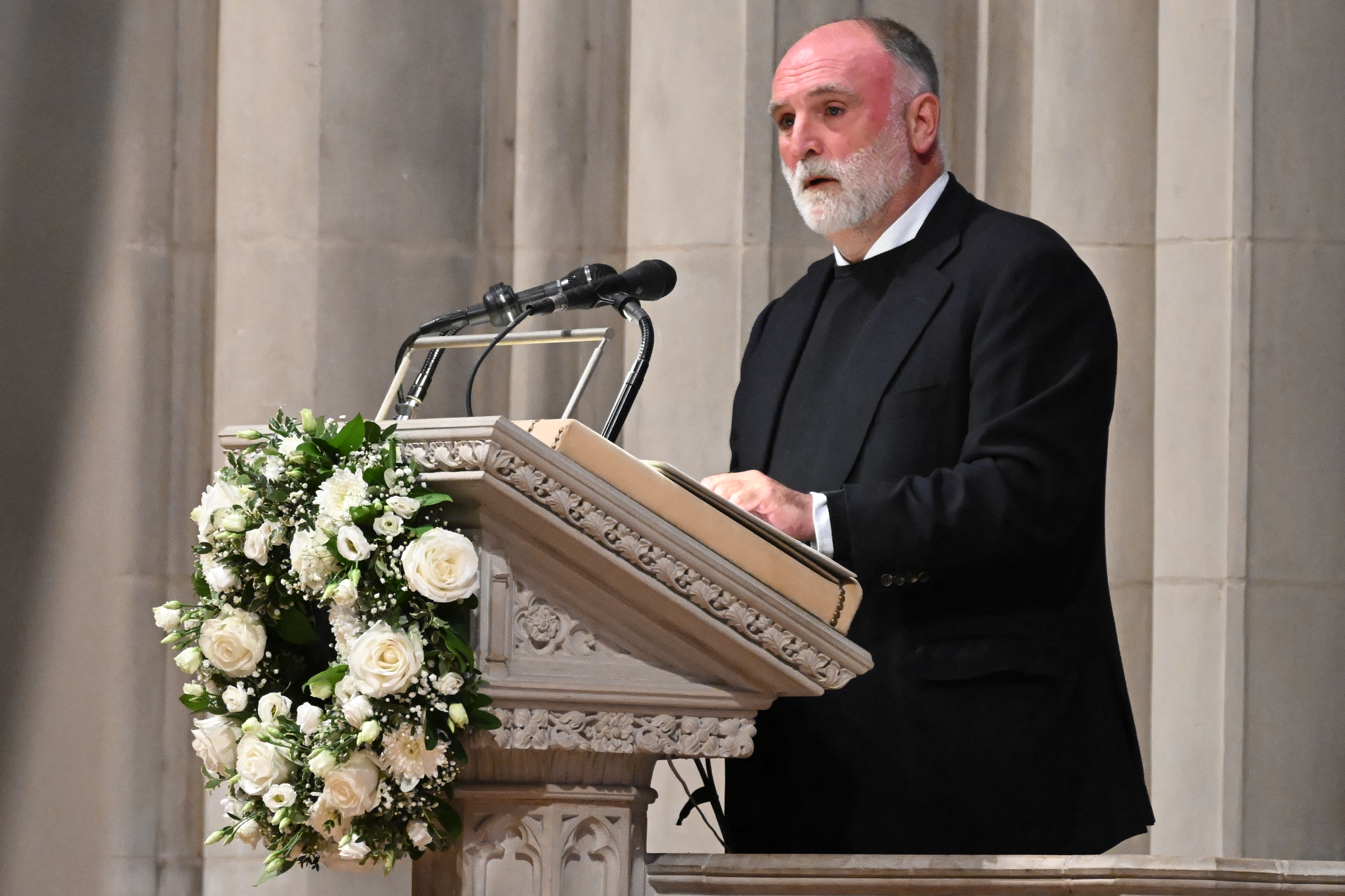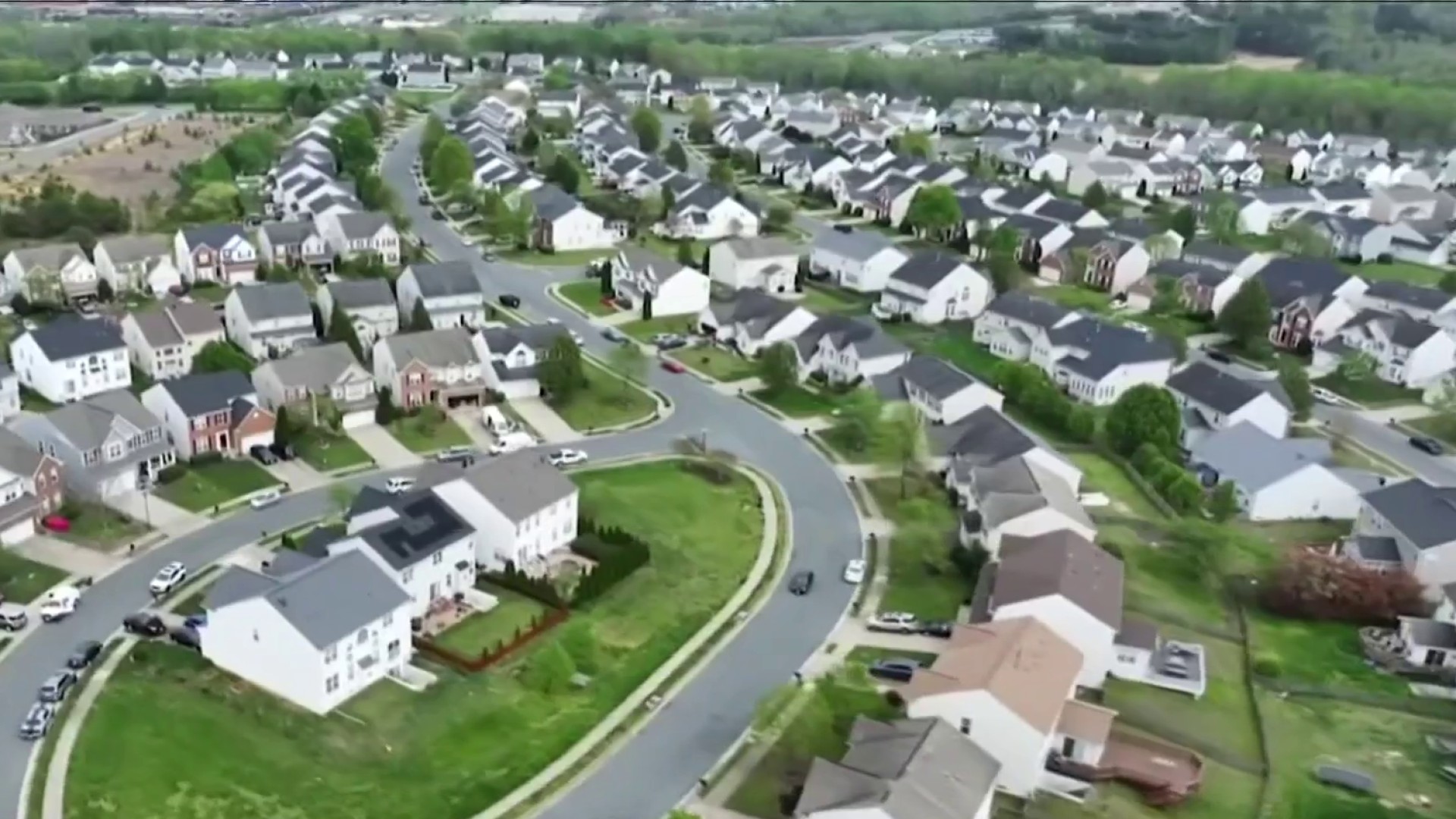Washington, D.C., has required that residents or visitors who were in 27 different states that are hot spots for coronavirus must self-quarantine for 14 days upon their arrival in the city.
Mayor Muriel Bowser's office released the list of states deemed "high risk" on Monday and caused confusion or stress for many who planned to travel during the rest of the summer.
Many are wondering: Would I be required to self-quarantine? It all comes down to whether you're on essential travel or nonessential travel: That determines what action you must take when you return.
Here are some of your top questions about the self-quarantine order, answered.
Do you have a question not covered here? Email tips@nbcwashington.com or Tweet @nbcwashington.
What does the order say, in simple terms?
The Bowser administration is telling people: Don't go on vacation and put your neighbors at risk when you return.
Local
Washington, D.C., Maryland and Virginia local news, events and information
Anyone who visited or visits one of the "high risk" states for a nonessential reason, like a vacation, must self-quarantine for two weeks upon their return. That means staying at home unless you absolutely must leave for essential food and medical care.
If you travel to a high-risk area for an essential purpose, you don't have to quarantine but should limit contact with others and monitor yourself for symptoms for two weeks.
What counts as an essential trip?
Essential activities or tasks are things that are necessary for the health and safety of you, a household member, family member or a pet.
Caregiving, getting medical care and performing an essential job are some of the top reasons. Traveling to worship, pick up educational materials, to go home or for a court-ordered requirement (such as a custody agreement) are also allowed under the District's definition of essential activities.
All government workers on duty are deemed essential. The Washington Nationals baseball team is also considered essential and visiting teams won't be required to quarantine.
What states are affected?
The order currently applies to these states: Arkansas, Arizona, Alabama, California, Delaware, Florida, Georgia, Idaho, Iowa, Kansas, Louisiana, Mississippi, Missouri, Montana, Nebraska, Nevada, New Mexico, North Carolina, North Dakota, Ohio, Oklahoma, South Carolina, Tennessee, Texas, Utah, Washington and Wisconsin
How do I self-quarantine?
Self-quarantine means staying home and having no guests unless they are an essential caretaker. You shouldn't leave unless you absolutely need food or medical care. The Mayor's office encourages opting for delivery and telehealth when it's a viable option.
What if I visit a high-risk state for a vacation?
If you visit a high-risk state for any nonessential reason, including a vacation, you will need to isolate at home for two weeks after arriving back in D.C.
What if I already visited a high-risk state for a nonessential reason?
If you have visited one of the high-risk states within the past 14 days, start your quarantine immediately.
What if I visit one of the high-risk states on essential business?
You don't need to self-quarantine, but you must monitor yourself for coronavirus symptoms and limit contact with others for two weeks upon returning. If you have symptoms, contact a health care provider.
"When they do return to their homes after work... stay at home and only go out for essential activities such as buying food and groceries," Chris Rodriguez, Director of D.C. Homeland Security and Emergency Management, said.
Do I need to quarantine if coming to D.C. for an essential purpose?
No, but you must monitor yourself for symptoms and limit exposure to others when you return.
I'm a D.C. resident who planned to visit a high-risk state. Should I cancel my trip?
It depends. D.C. doesn't want residents traveling to the high-risk states at all.
But, it's not prohibited to visit. If you are willing and able to abide by the self-quarantine rule, you could still take a trip.
Check in with your employer about their rules and regulations: Can you work from home during the self-quarantine period? Do you have to use paid time off to quarantine? These are important to know when making your decision.
I live in D.C. but need to help a family member in a high-risk state. Can I go?
Yes, and you will not need to quarantine when you come back. Taking care of a family member in need is considered essential. But you must monitor yourself for symptoms and limit exposure to others when you return.
I'm from a high-risk state and need to take care of a family member in D.C. Can I come?
Yes, and you don't need to quarantine. But monitor yourself for symptoms and contact a medical provider if you have any. Furthermore, only leave home when it's essential.
I'm from a high-risk state. Should I vacation in D.C.?
Probably not, unless you are prepared to honor a two-week quarantine in your hotel or another lodging.
Can I still travel between D.C., Maryland and Virginia?
Yes, Maryland and Virginia are entirely exempt from the order. The order doesn't require extra precautions when traveling between Maryland, Virginia and D.C.
What are the penalties for breaking the order?
Violations are punishable with 90 days in jail or a $5,000 fine.
How will the order be enforced?
Right now, signs point to the order being mostly enforced by the honor system. Colleges, businesses and residencies are asked to compel people to follow the order by refusing services and similar measures. Colleges are required to maintain a list of students coming from hot spots and some workplaces are mandating compliance.
Bowser made it clear that citizens shouldn't call the police on their neighbors. The administration is trying to send a message: Don't go on vacation to hot spots because it causes community spread.
Should I call the police on people who don't follow the rule?
Bowser has advised people not to call the police just because they see their neighbors packing up for a trip.
When can I travel to these states again?
The list will be updated every two weeks, so affected states may change. The overall order requiring self-quarantine after being in a high-risk state isn't set to expire until Oct. 9.
How were the states chosen?
High-risk areas are locations where the seven-day moving average of daily new cases of the virus is 10 or more per 100,000 people, D.C. says.
Will this affect my flight out of or in to the D.C. area?
No, none of the D.C.-area airports are in the city limits. There won't be signs or announcements about the self-quarantine rule at airports.
Why did D.C. implement this rule?
The data trends show D.C. has backslid on some coronavirus metrics. Bowser says that residents now must work toward the goals of reducing spread within the community and getting kids back in school.
Still have questions? Email tips@nbcwashington.com or Tweet @nbcwashington.



